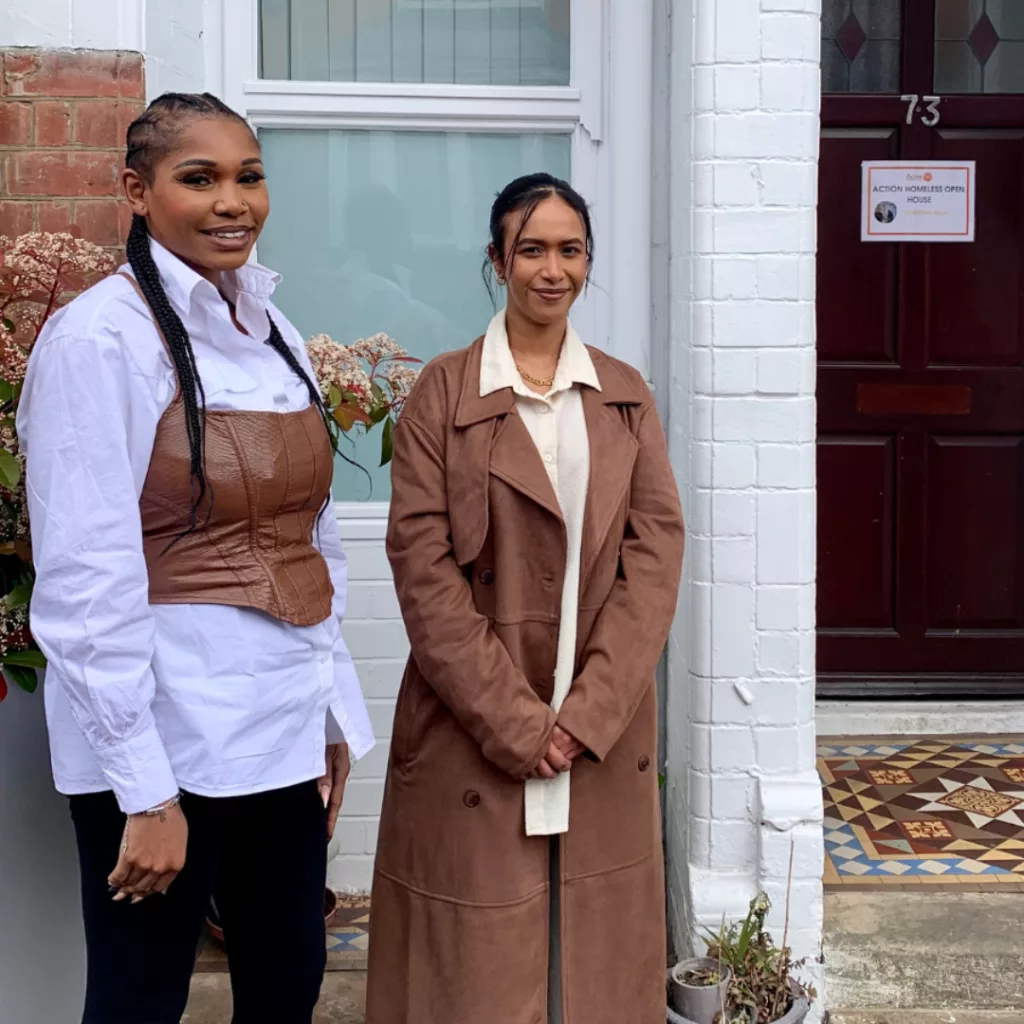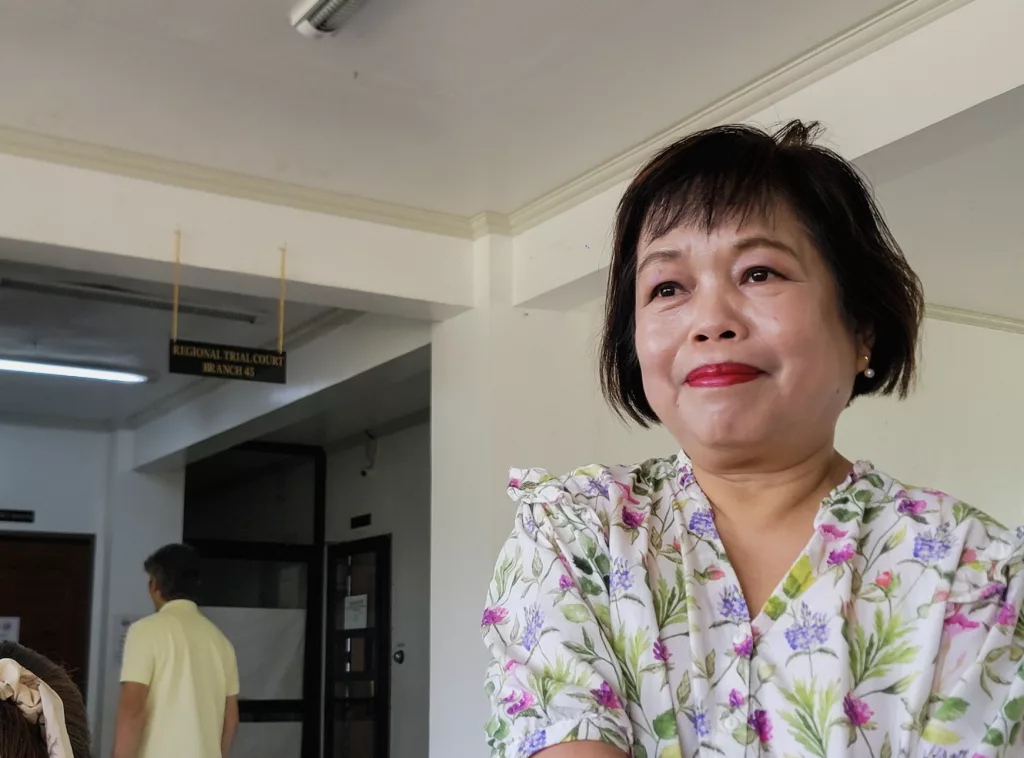Ella Hancock, who has recently joined World Habitat to work on the European End Street Homelessness Campaign, looks forward to her new role and the challenges and opportunities ahead.
I’m a few weeks into my new job as Programme Manager (Homelessness) at World Habitat, and it’s fair to say that every day is a school day at the moment…
I’m working on The European End Street Homeless Campaign, which is now in its sixth year, and which supports a network of cities across Europe to stop managing street homelessness and start ending it. I’ve worked in housing and homelessness for over 10 years, mostly for charities (though I’ve also done my time in the statutory and private sectors) and I am really passionate about finding and sharing innovative housing solutions to the world’s housing problems (helpfully, this is also World Habitat’s tagline…)
The European End Street Homelessness Campaign believes in housing-led solutions. I too believe in housing-led solutions. I have seen first-hand the impact of having a stable home. What might seem like relatively simple things can become an impossible, overwhelming task without one. I have seen, for example, people disengage from services they were getting support from when asked to provide proof of address, or disappear when asked by the local authority or other specialist services for ID and other documents. If you don’t have a home, where do you keep these things?
When supporting people into training and employment, it was clear that looking for meaningful work to commit to was often impossible without the assurance that they weren’t going to be asked to move at any given moment. Building up social and support networks in your local area can seem pointless if you don’t have the certainty of where you will be living tomorrow, or the day after. Perhaps most importantly, I have seen how impossible improving poor mental health is if you are constantly thinking about your unstable housing situation.
World Habitat co-ordinates the The European End Street Homeless Campaign and offers support to the cities involved, currently Barcelona, Bratislava, Brighton, Brussels, Budapest, Glasgow, Leicester, Lisbon, Torbay, Westminster and Zagreb. We are looking forward in 2022 to making new connections and partnerships with other cities, particularly through the expansion of the Campaign into Central and Eastern Europe. Having an Eastern European heritage, this is particularly exciting for me.
Learning about our campaign partner’s responses to the COVID-19 pandemic has been inspirational. Having just come from managing a front-line homelessness support programme in the UK, I know how hard it has been to be continually firefighting in an ever-changing pandemic landscape, let alone finding the time to plan and make improvements in delivery.
I’m excited to see where the campaign will go, and how we at World Habitat can support our partner cities to continue to innovate in a (hopefully) post-COVID world. I’m looking forward to seeing how we – the campaign – can capitalize on the collective learning from the responses to the pandemic thus far. These responses demonstrate that homelessness is very much a public health issue and is everyone’s business, and that we cannot return to a point where street homelessness is seen as inevitable.
That is why the campaign’s focus is on ensuring that people who have been placed in temporary accommodation during the pandemic do not return to life on the street – and are supported into permanent housing. The momentum behind the innovative pandemic responses to keeping people safe must not be lost, and a key part of the work our partners will continue to do is challenging public opinion and attitudes towards homelessness. Innovation is much needed but we won’t truly end homelessness until what’s considered innovative now, becomes the standard everywhere. I am really looking forward to working alongside our partners to share their work and make this happen.
I have already seen the impact of our exChange work, facilitating targeted sessions where partners come together and share their experiences, as well as their very practical tools and plans for the future. COVID-19 restrictions dependent, the team has also got some really exciting plans to share more of the experiences of our European End Street Homelessness Campaign partners in 2022. Part of this is the development of a good practice report sharing best practice from our European partners and others, as well as some online and (hopefully!) in person sessions to highlight and share best practice and challenges. So watch this space (signing up to our e-bulletin is a fantastically easy way to watch this space..) and please do get in touch if you want to make links.




